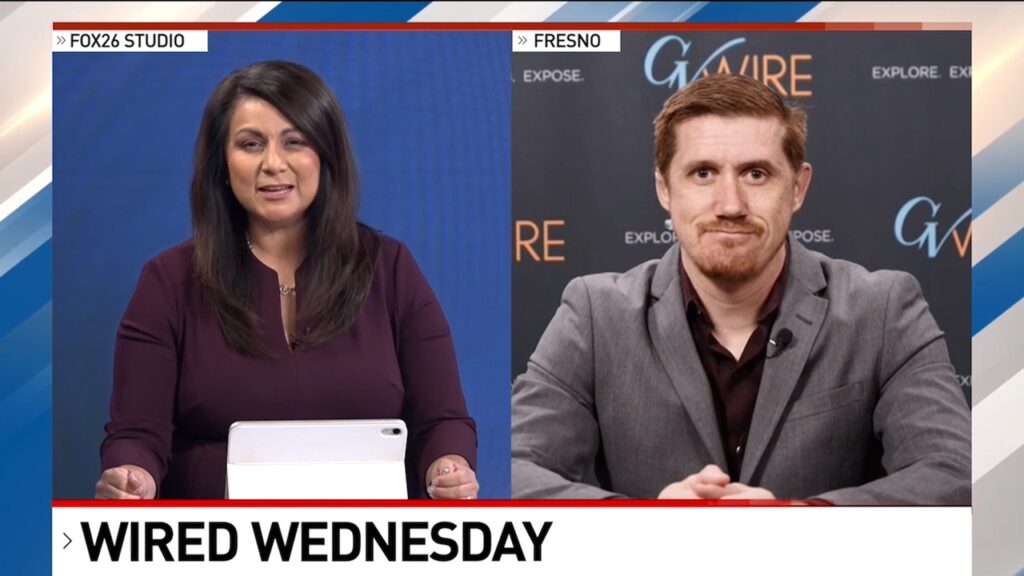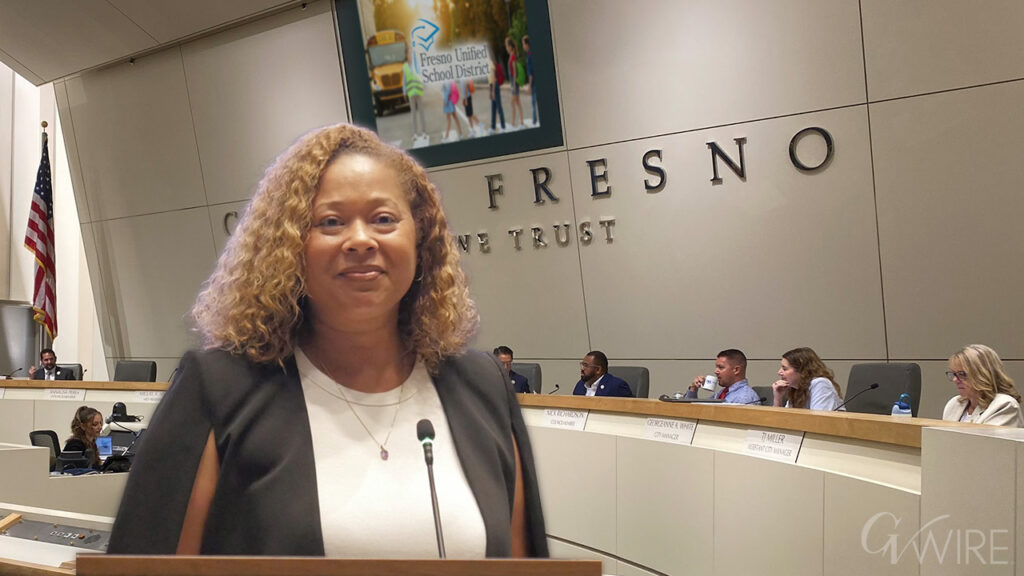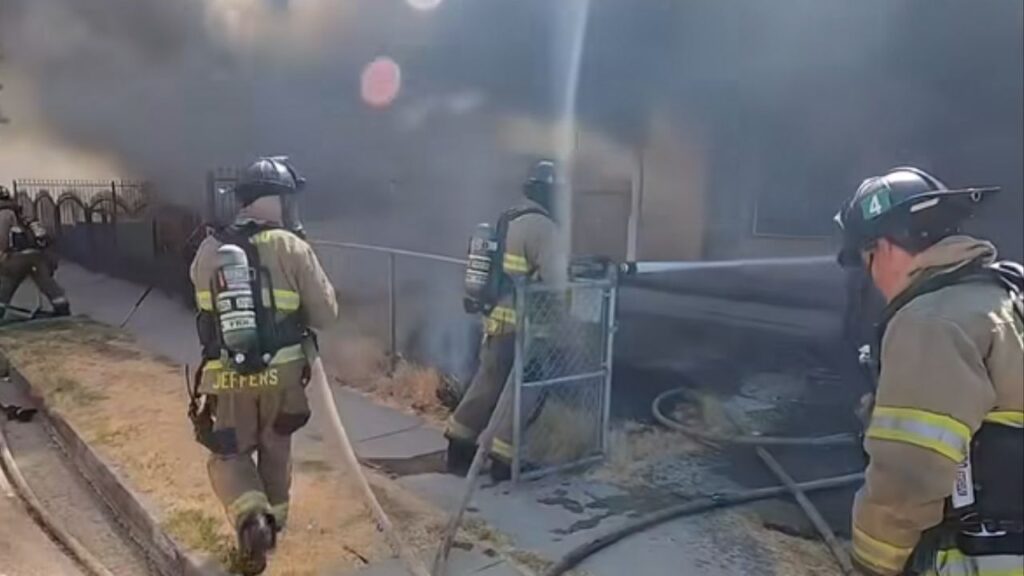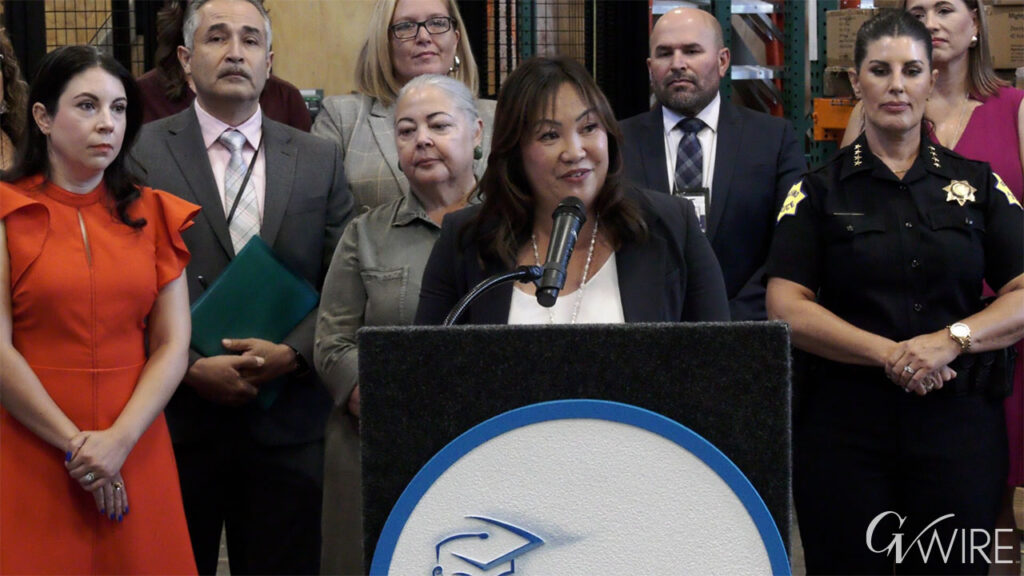Share
|
Getting your Trinity Audio player ready...
|
The Middle East is currently embroiled in a widespread conflict, with 10 countries involved in various battles.
Analysis
The situation is dire, with ongoing violence in Gaza between Israeli soldiers and Hamas, a low-grade war between Hizbullah and Israel in Lebanon, and the Houthis in Yemen attacking cargo ships, causing a financial crisis in Egypt and prompting retaliation from the U.S. and Britain.
And, the recent killing of three American soldiers in Jordan by Iraqi militias could potentially ignite a clash between the U.S. and Iran.
A Potential Deal for Peace
However, there is a glimmer of hope. A potential deal, led by the U.S. and Saudi Arabia, is in the works. The deal aims to use a proposed hostage release to reset Israeli politics, which could pave the way for a Palestinian state. This could then form the basis for a deal between Israel and Saudi Arabia, with mutual recognition supported by American security guarantees.
The odds of this deal coming to fruition are uncertain, but if successful, it could create a new economic and security structure in the Middle East.
Israel may be willing to halt its campaign, as many Israelis are eager to bring their hostages home. The country has made significant military progress, with Hamas losing half its territory and fighters, according to Israel’s army. However, the civilian toll in Gaza is rising, damaging Israel’s reputation.
The Role of Israel and Saudi Arabia
The U.S., Egypt, Gulf states, and Saudi Arabia also have reasons to collaborate. As the war has expanded, these countries have witnessed Iran’s harmful influence. Iran, through its regional proxies, is attempting to create regional chaos while avoiding direct conflict with Israel or the U.S.
All parties involved are keen to prevent Iran from becoming a regional power, which could threaten Israel and the Gulf and disrupt world trade.
The plan starts with a humanitarian pause, brokered by the U.S., Qatar, and Egypt. This could last for one or two months and could lead to the release of the remaining Israeli hostages. This could reset Israeli politics and help the Israeli public move past the horrors of recent events.
The U.S. and Saudi Arabia are asking Israel to commit to a Palestinian state and demonstrate its commitment by freezing settlements on the West Bank.
The next step involves Muhammad bin Salman, Saudi Arabia’s leader. He was working on a deal that recognized Israel in return for a Saudi-American defense treaty before the recent conflict. Despite the challenges, Saudi Arabia is still striving for this vision.
A deal would be the most significant Arab commitment to peace in three decades. It would also bind Israel and offer Palestinians a concrete commitment to statehood. This could eventually evolve into a regional American-led alliance to contain Iran.
Obstacles to Peace
However, there are significant obstacles, including Benjamin Netanyahu, Israel’s prime minister, and Yahya Sinwar, Hamas’s leader in Gaza. Netanyahu has long been skeptical about a Palestinian state, and Sinwar is believed to be hiding in south Gaza. Despite causing a catastrophe in Gaza, Sinwar will claim victory simply by surviving. He may attack Israel, provoke reprisals, and sabotage any progress towards peace.
To deter such attacks and continue dismantling tunnels, Israel will maintain a military presence in Gaza for some time. However, if its security is guaranteed and Hamas remains out of power, Israel will withdraw.
Sinwar may be asked to leave Gaza for a country like Qatar. This would highlight the need for international peacekeepers, including from Arab states, to provide security in Gaza and allow a moderate government to emerge.
The Need for Momentum
For this to happen, momentum is urgently needed. The more Israel curbs its West Bank settlers and commits to a Palestinian state, the more it can contain Hamas fighters. The more Arab states are willing to spend money and provide security, the more confident Israelis and Palestinians will be of change.
And, the more America pushes all sides, the better. Achieving peace and stability in the Middle East will always be challenging, but the world must seize this opportunity, as the pull towards war is relentless.
Read more at The Economist.
RELATED TOPICS:
Multiple Passengers Are Killed After Bus Crashes in Western New York
2 hours ago
Fresno Firefighters Contain Cambridge Avenue Blaze, No Injuries Reported
2 hours ago
Trump Says Intel Has Agreed to Deal for US to Take 10% Equity Stake
3 hours ago
Epstein Associate Maxwell Says She Never Saw Trump Behave Inappropriately
3 hours ago
I Was Preyed On for My VA Benefits. California Can Stop It
4 hours ago
Texas Senate Debates Redistricting Bill, Is Expected to Pass It Easily
4 hours ago
Trump: DC Mayor Bowser Must Get Act Together or Won’t Be Mayor Anymore
4 hours ago
Fresno Crash Sends Car Into Building After Running Red Light
13 minutes ago
Categories
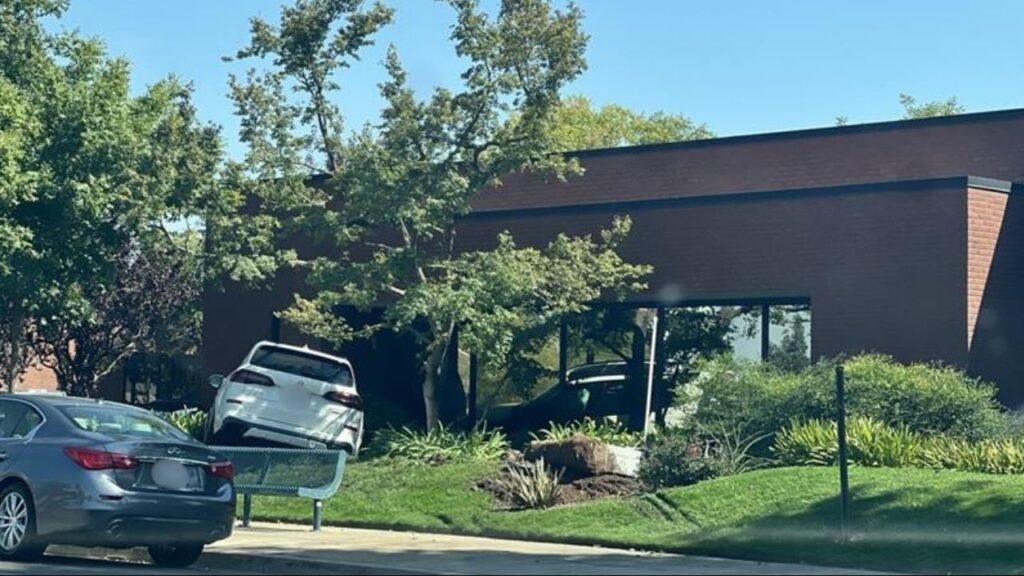
Fresno Crash Sends Car Into Building After Running Red Light

Fresno City Gets Extension in Herndon 4-Story Apartment Case

Atwater Prison Inmate Charged for Threatening to Kill Prosecutor’s Family
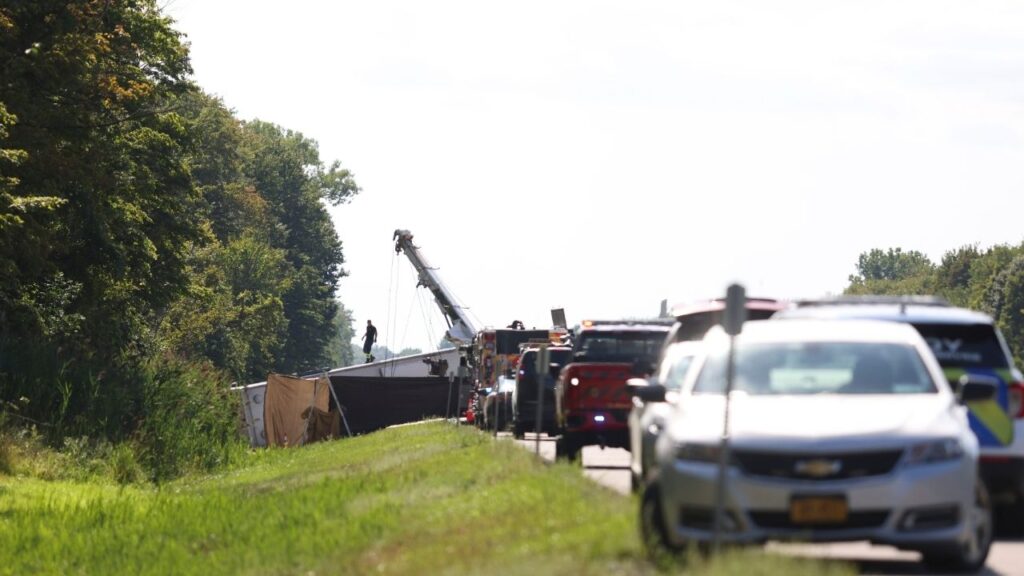
Multiple Passengers Are Killed After Bus Crashes in Western New York
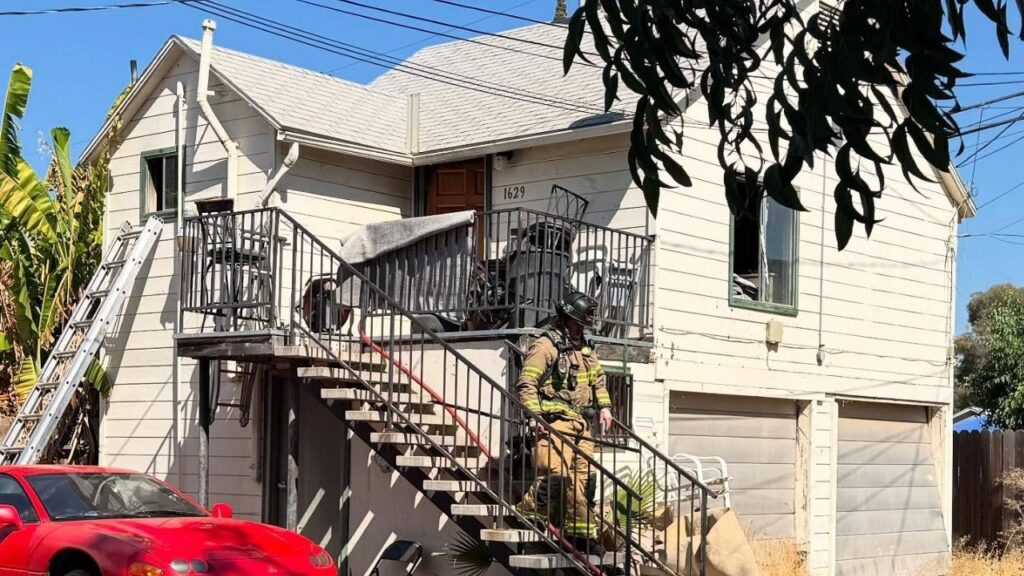
Fresno Firefighters Contain Cambridge Avenue Blaze, No Injuries Reported

Trump Says Intel Has Agreed to Deal for US to Take 10% Equity Stake

Epstein Associate Maxwell Says She Never Saw Trump Behave Inappropriately






